We ‘Minimize Trip Hazard Liability & Maximize Aesthetics’ of Interlocking Pavement Systems
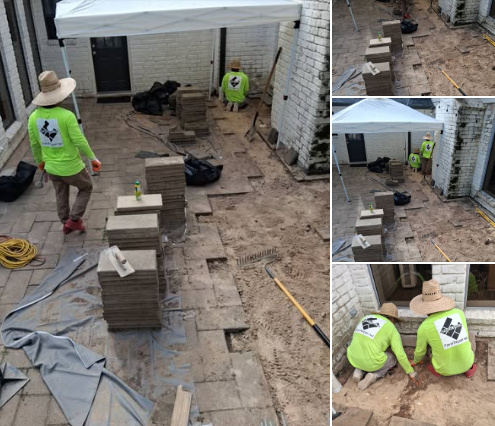
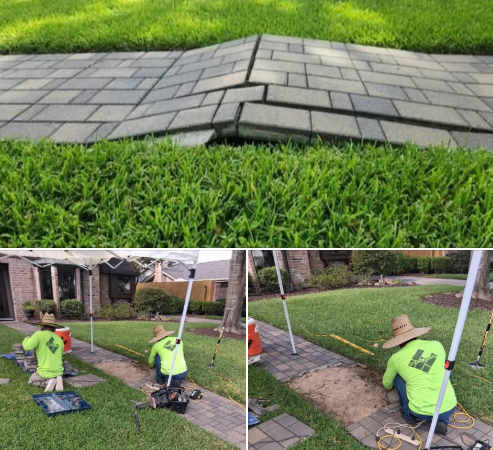
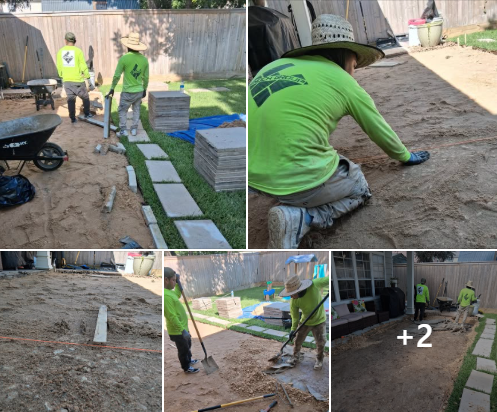
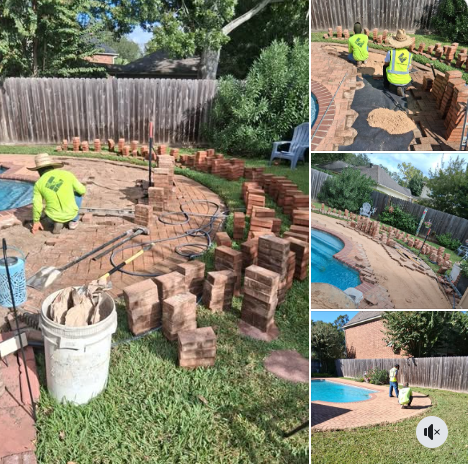
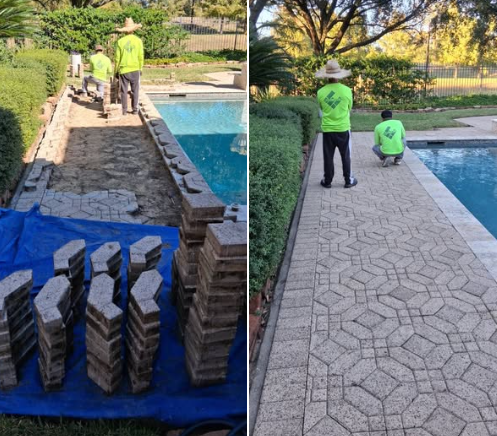
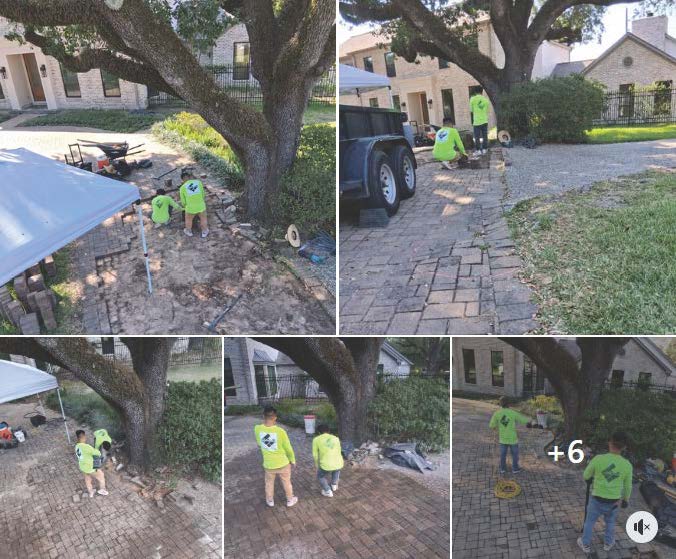
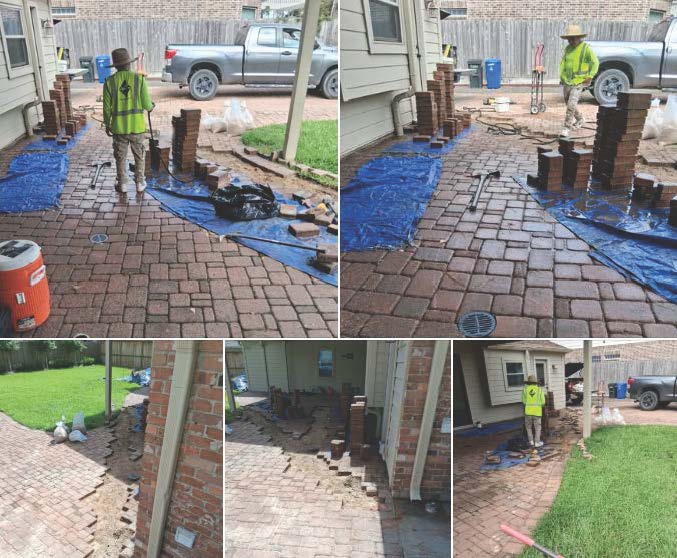
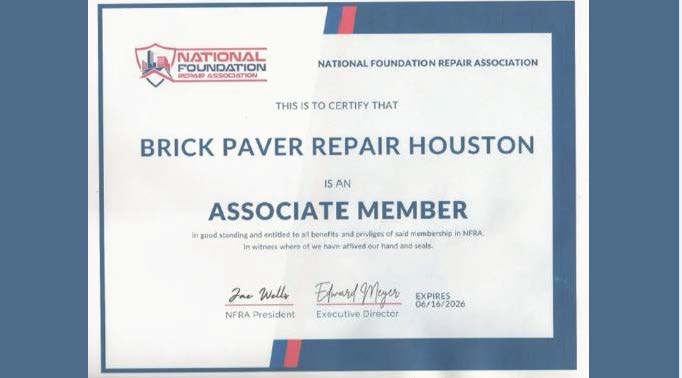
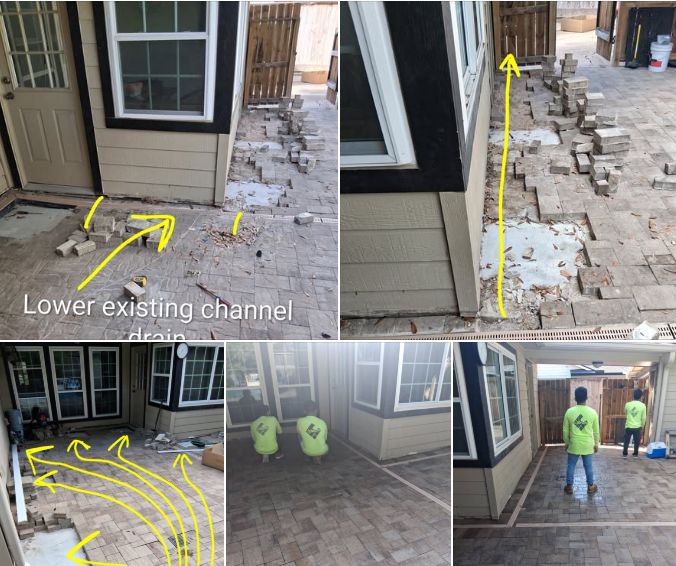
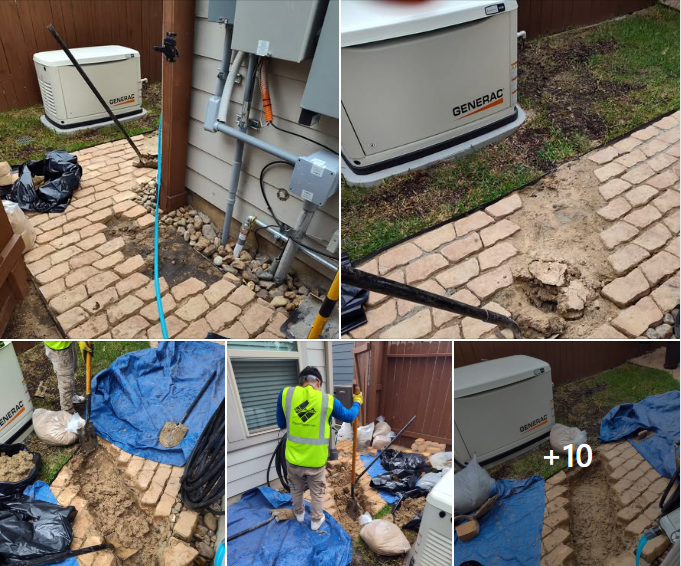
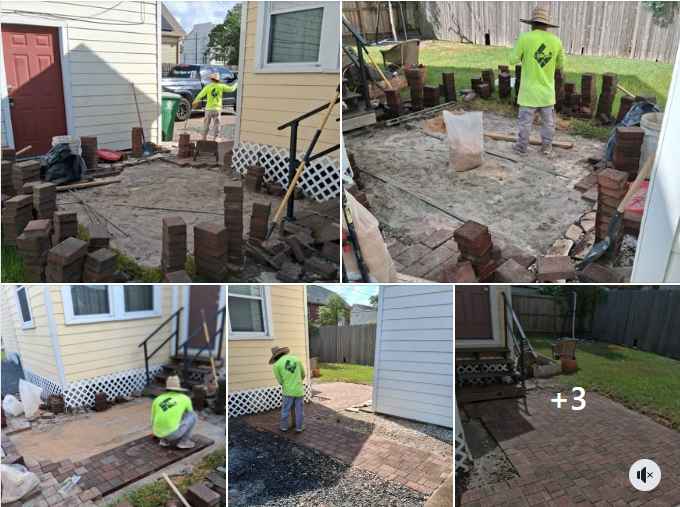
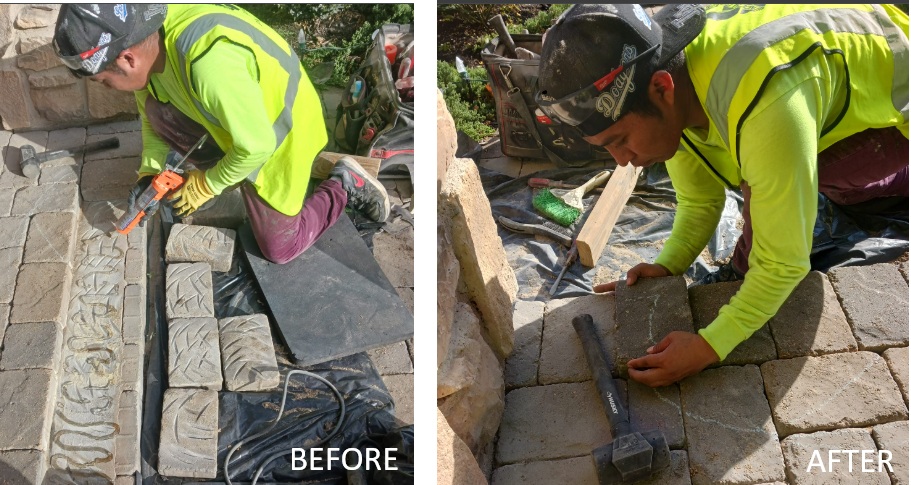
Please contact us for a no obligation consultation
Further reading:
Please learn of our effort to maintain the integrity of Interlocking Pavement Systems (IPS) in this May 11, 2018 Erosion Control/StormWater Magazine article interview with Will Enoch, Interlocking Pavement Systems Specialist (IPSS), by Carol Brzozowski online here or below.
READER PROFILE: WILL ENOCH
May 11, 2018 Carol Brzozowski

Will Enoch was first drawn into using interlocking concrete pavement (ICP) for its aesthetics. When the environmental benefits of permeable interlocking concrete pavement (PICP) emerged—including its ability to infiltrate stormwater and pollution runoff and reduce erosion—his interest intensified. He started Enoch Group SPC (Segmental Pavement Consultants and Surveyors), specializing in PICP and ICP evaluation and distress surveys. “In 1996, I found out Germany’s PICP utilization was 15% of its standard ICP usage. North America’s was only 1% of the standard ICP usage,” he says. “I immediately foresaw a growing market and shifted focus on learning more of the benefits of this next generation of pavements. PICP serves more than one purpose, as in a stormwater runoff mitigation system that looks aesthetically pleasing while you drive on it. By directing stormwater into its own reservoir and releasing it slowly into subsoils, the result is less stormwater runoff entering creeks and rivers and less bank erosion.” Hurricane Harvey’s widespread flooding of the Houston area in late August 2017 highlighted the challenges faced by built-up areas. “Much of the stormwater runoff caused by Hurricane Harvey came from a 500-year event with almost 50 inches of rain in some areas,” says Enoch, pointing out that existing infrastructure was unable to handle it. Future development should utilize PICP on as many parking lots, residential driveways, and low-speed streets as possible, he says, because the increasing amount of impervious surface increases the amount of runoff. He adds, “Think of the amount of stormwater runoff that could be contained instead of ultimately being dumped into buildings.”
What He Does Day to Day
Enoch is building infrastructure for his startup by registering as a vendor with municipal, state, and educational entities throughout Texas and nationwide. His company’s surveys produce Pavement Condition Index (PCI) numbers from 0 to 100 (“fail” to “good”), taking into consideration faulting, depressions, horizontal creep, missing pavers, joint sand loss, and heaving. The PCI helps prioritize ICP and PICP repairs or replacement. Enoch plans to implement PICP filtration rate testing and vacuuming service to help maintain high permeability. He emphasizes the importance of correct installation of PICP as a “system composed of proper thickness permeable pavers, proper aggregate base of proper depth for the flood event anticipated, proper edge restraint systems, and proper aggregate paver joint fill material. If any part of the PICP system is incorrect, then permeability may be lost or the system may sustain structural failure.”
What Led Him to This Line of Work
Enoch, who started installing ICP in 1988, received certification from the Interlocking Concrete Pavement Institute’s (ICPI’s) first paver sales school in 1996 and his first paver installation certification in 1997. He started EnviroStone Concrete Pavers in 2007, specializing in the maintenance of standard and permeable pavements and consulting on their design, installation, and promotion. Following the introduction of ASTM E 2840 to provide a standard for evaluating and rating ICP, he started Enoch Group SPC to leverage the opportunity to get a head start on ICP and PICP management.
What He Likes Best About His Work
Noting that the US PICP market is providing options to reduce flooding, heat island effect, polluted streams, and stress on trees, Enoch says, “It’s good to know I’m providing a solution to keep these environmentally logical pavements working as designed.”
His Greatest Challenge
Getting municipal, state, and educational entities to add ICP evaluations and appraisals and PICP testing to their commodity and spend codes is his greatest challenge, notes Enoch. The difficulty centers on the “asphalt mentality—get it done quick, cheap, and in a hurry,” he says, adding that government entities find it hard to justify higher costs of PICP and to promote its value to taxpayers. Enoch credits ICPI for its outreach efforts to city engineers, city planners, architects, contractors, manufacturers, and consultants. Two success stories leading the national effort are Chicago’s Green Alley Program, where numerous alleys became drainage systems utilizing PICP, and Atlanta, GA, “the hot spot for utilizing PICP as a BMP for stormwater and erosion control while reducing heat island effect and flooding,” says Enoch.
Leave a Reply